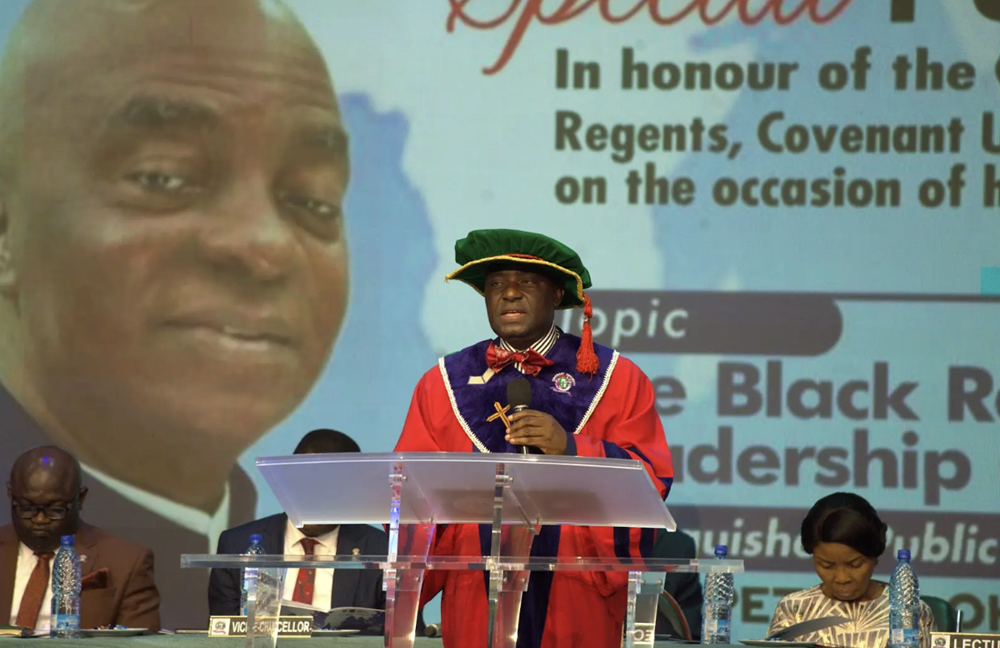
The Chancellor of Covenant and Landmark Universities, Dr. David O. Oyedepo, has called for a radical overhaul of Africa’s education system to tackle local challenges. Speaking at a special lecture, held in his honor, to commemorate his 70th Birthday Anniversary, on Tuesday, September 24, 2024, he stressed the importance of creating a locally tailored educational model that meets the specific needs of Africans, rather than relying on a one-size-fits-all approach.
Quoting John F. Kennedy, Oyedepo advocated for an education that prioritizes life skills over mere certification. He criticized the consumer mentality prevalent in the region and urged a shift towards contribution-driven education, echoing Theodore Roosevelt’s call for proactive citizenship. He emphasized the need for curricula to align with industry demands and for Universities to serve as problem-solving hubs for society.
Highlighting Africa’s historical struggles with political solutions, Oyedepo argued that Universities must provide intellectual solutions, fostering innovation and critical thinking. He praised Covenant and Landmark Universities for their focus on practical, life-oriented education, which has made their graduates highly employable.
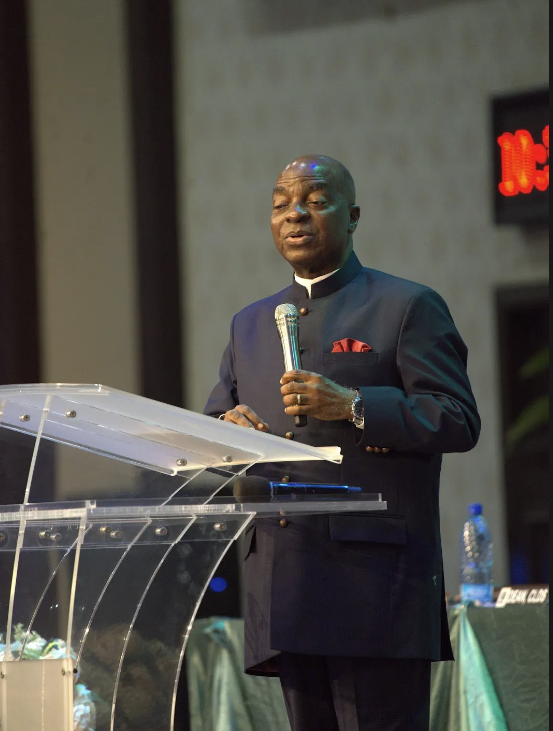
Dr. Oyedepo, advocated for reconstructing the intellectual frameworks within Universities, likening them to engineering workshops that equip students to tackle real-world challenges, including unemployment. He urged educational institutions to prioritize indigenous knowledge and problem-solving; stressing the importance of practical research, that directly addresses societal issues, from growing unemployment to industry-specific challenges.
The chancellor called for the leveraging of local knowledge and problem-solving skills, much like previous generations did, as a solution to the current educational crisis. He pointed out, “Our forefathers found solutions to their problems without external input; if they didn’t, we wouldn’t be here today,” urging modern educational institutions to prioritize indigenous solutions without apology, stating that action must replace rhetoric.
The Chancellor also derided the culture of intellectual stagnation within academic circles, calling for a more practical approach to research and teaching. Inaugural lectures, Dr. Oyedepo suggested, should not merely be about applause-winning speeches, but should be that which contribute directly to solving problems in the real world.
Concluding with a powerful call to action, he urged a collective awakening, to drive meaningful changes in education, asserting that even small steps can lead to significant improvements. His vision aims to inspire a movement towards innovative educational practices that address the pressing needs of Africa today.


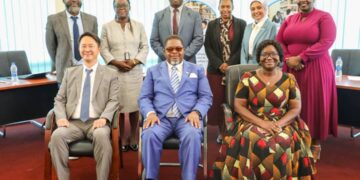


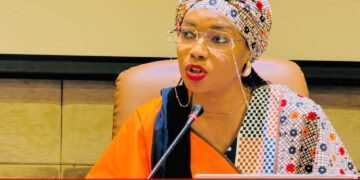

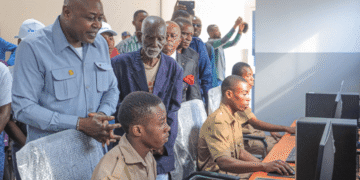











































































 EduTimes Africa, a product of Education Times Africa, is a magazine publication that aims to lend its support to close the yawning gap in Africa's educational development.
EduTimes Africa, a product of Education Times Africa, is a magazine publication that aims to lend its support to close the yawning gap in Africa's educational development.

